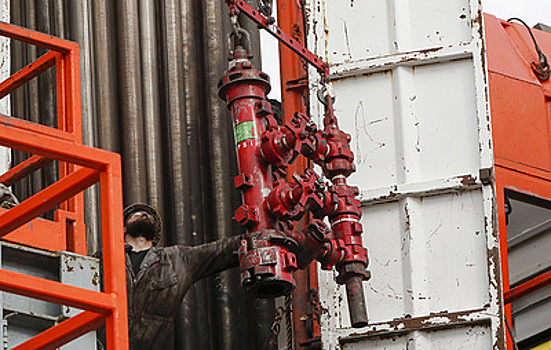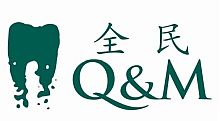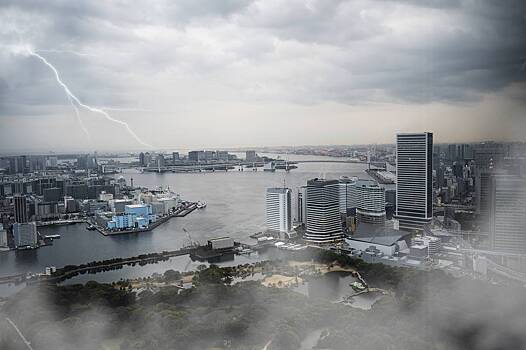“Storm, baby, storm”: How Japan will turn Trump's victory to its advantage
Japan's Cabinet of Ministers, formed by Shigeru Ishiba, who took power on October 1, became a minority government after just a month and a half of work. This comes after the ruling coalition's defeat in early parliamentary elections. The controversial politician, known for being critical of his own party, is said to have failed to quickly reverse the trend of declining voter confidence that began in late 2022.

Judging by the data of various polls (e.g. Kyodo), there has been some movement in a positive direction, however, after the US elections, Ishiba faces a task Another important thing – building relations with the administration of the next US President Donald Trump.
Market worries
Trump's victory caused serious concerns in Asian markets. Many national governments and investors are mainly concerned about the possibility of imposing new tariffs under the new US President, not only against China but also against Washington's allies, such as Japan. .
According to domestic observers, this measure could lead to an increase in the inflation rate in the United States, and therefore the maintenance of the discount rate at its current level or at least a reduction in the frequency of its installments. cut down. . This, in turn, will lead to a strengthening of the dollar and weakening of other national currencies.
The decline of Asian currencies against the USD after Trump's victory was recorded in China, South Korea, Singapore and Indonesia. In Japan, the yen price, which had been falling in recent months and even years, has fallen to near-record levels.
Even so, the Japanese economy is likely to benefit from market uncertainty. A weakening yen typically benefits major exporters, for whom a stronger dollar means increased revenue and increased stock market value. This could also contribute to even greater growth in the tourism industry, which has been literally booming in Japan in recent months – the number of tourists attracted by the cheap yen is disrupting all record every month. As a result, from January to September, 26.8 million foreigners visited the country, 10% higher than the pre-Covid 2019 figure.
LNG and weapons
Trump's arrival could also contribute to strengthening Japan's energy security. The US President-elect is expected to press partners to reduce trade deficits.
“If you look at the trade deficit between Japan and the United States (Japan sells more than it buys), Trump might say, 'Look, you should do something about this,'” said Akira Igata of the University of Tokyo. learn Tokyo speaking at a temple. College events.
To solve these problems, Tokyo could, for example, increase its purchases of US liquefied natural gas (LNG), because of Trump, whose election program was organized around the slogan “Drill, baby, Drill” (Storm, baby, storm), is expected to cancel restrictions introduced by Joe Biden on LNG exports.
“Japan and South Korea could consider significantly increasing energy imports from the United States… This would benefit all parties: Japan and South Korea would reduce their dependence on the Middle East and the United States would increase strengthen relations with key allies in Asia,” – the leading local business newspaper Nikkei wrote.
Arms purchases could also help reduce the trade deficit, while also meeting Trump's traditional demands that America's allies spend more on their own defense. “I think the United States will ask to buy more American weapons,” Tetsuo Kotani, a senior researcher at the Japan Institute of International Affairs, said at a press conference with foreign journalists.
Ishiba's difficult situation
The economic challenges posed by Trump's presidency are not the only problems facing the Japanese Prime Minister.
Shigeru Ishiba's position turned out to be indisputable even before he was elected to the highest position. In August, the head of Ishiba's previous government, Fumio Kishida, decided not to run for a second term as head of the ruling Liberal Democratic Party (LDP), and thus resigned. refused the position of prime minister.
The reason for Kishida's decision is the decline in the government's ratings, which has practically not stopped since the end of 2022, when the scandal of financial reporting violations when collecting political donations in the LDP surfaced in the press: in fact, the deputies were suspected of creating their own shadow funds. Local observers until recently expected that Kishida would try to rectify the situation by running for a second term, but with polling just above 20%, he decided not to do this.
The first assessments of the new Ishiba Cabinet that took office on October 1 seem optimistic. Thus, more than 50% of participants in a survey conducted by Kyodo agency expressed trust in him. However, such polls conducted in the first days of a new administration consistently produce high ratings. By the end of October, approval had dropped to 32.8%.
Almost immediately after forming the new government, Ishiba dissolved the key lower house of parliament and called for early elections on October 27, which resulted in the LDP and the Komeito party, part of a coalition with it, has lost its majority. . Other parties refused to join the coalition, but due to lack of unity within the opposition ranks, the LDP and Komeito managed to ensure Ishiba's re-election and the formation of a minority government.
Ishiba's rise to power and his subsequent decisions caused serious disagreements within the LDP itself, to the extent that some delegates proposed the formation of a new party. Against this backdrop, local experts wonder how long Ishiba will be able to hold on to power: in addition to discord within the party, the passage of any laws initiated by the government will face challenges. the need for long-term coordination with small parliamentary parties.
At the same time, analysts say that Ishiba's main task in building relations with Trump is to strengthen the government's position and stabilize the political situation in Japan. Kyodo's poll conducted from November 16 to 17 showed that voters' confidence in the government increased slightly over the past two weeks, by 7.9 percentage points, to 40%.





Leave a Reply